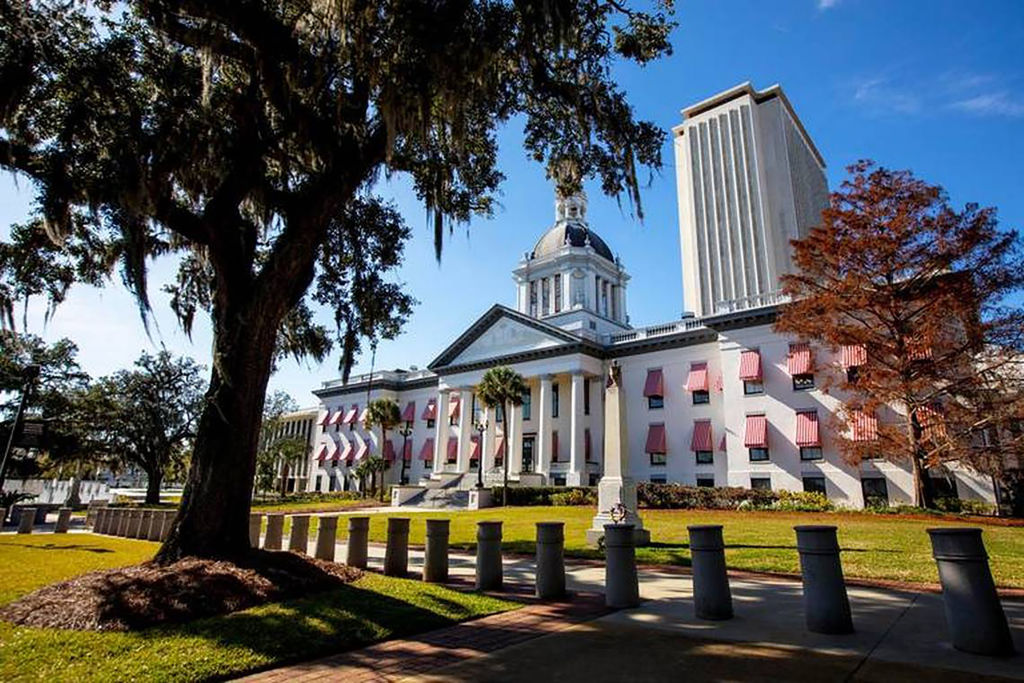
Families and faith communities, not the government, should direct the spiritual development of children.
The Texas legislature passed SB 763 in May 2023 to allow school districts to create chaplain programs. The law ignores the reality of religious diversity among public school students, assumes a religious role that public schools do not have, and threatens the religious liberty that is protected for all in public schools.
Unfortunately, what started in Texas is spreading across the country. Bills similar to Texas SB 763 are being introduced in state legislatures across the country. Lawmakers in Alabama, Florida, Georgia, Indiana, Iowa, Kansas, Maryland, Mississippi, Missouri, Nebraska, Ohio, Oklahoma, and Utah have all introduced school chaplain legislation in their current legislative sessions.
Like many parents, I sent my children to public schools to receive a tax-funded education, and I sent them to Sunday school at my Baptist church for religious education and spiritual development in a specific community—a place supported by the tithes and offerings of the congregation. Both the state and the church had an important role in my children’s development, but they weren’t the same. Nor should they be. The separation between the institutions of church and state is essential to both.
Texas lawmakers defeated multiple amendments to SB763 that would have safeguarded religious liberty, including provisions to prevent chaplains from proselytizing to students, to require parental consent, and to require school chaplains to be accredited similar to chaplains serving in other government settings. State Rep. Cole Hefner defended the way the bill was written by saying “schools may choose to do this, or not, and that they can put whatever rules and regulations in place that they see fit.” After it was signed into law in June 2023, Texas school boards were given until March 1, 2024, to vote on whether or not to allow the hiring of chaplains in their districts.
The intent behind employing chaplains as counselors could not be clearer: send “chaplains” into public schools to serve as Christian missionaries. The bill’s author, Sen. Mayes Middleton, posted online after it passed that this legislation would “allow the important role chaplains serve for pastoral care and representing God’s presence within our public schools.”
The most prominent backer of SB 763 was Rocky Malloy, the head of the National School Chaplains Association. He claimed in testimony to the Texas Senate Committee on Education that chaplains “are not working to convert people to religion.” Yet the NSCA’s parent organization—Mission Generation—has been open about its efforts to influence the religious beliefs of public school students. Mission Generation’s website was taken down as debate over SB 763 intensified, but an archived version of its home page from 2021 clearly states Mission Generation’s key goal: to “influence those in education until the saving grace of Jesus becomes well-known, and students develop a personal relationship with Him.”
Beyond concerns that chaplains in schools may cause discomfort to students with differing religious beliefs, the Texas law’s rock bottom qualifications to serve as a chaplain open the door for potential abuses of authority and put vulnerable students already struggling with mental health challenges at even greater risk.
Read More: America’s Becoming Less Religious. Is Politics to Blame?
Students in public schools come from a variety of faith traditions and perspectives with vastly different notions of God. For students who do not share the theology or religious beliefs of the school’s chaplain, seeking guidance from a chaplain in times of distress may increase students’ stress, confusion, and isolation. The notion that a school chaplain is tapped to represent God’s presence in the school and give spiritual care for a public school population is wildly misplaced.
If Texas legislators are truly concerned with students’ mental health, it seems counterproductive to replace professional mental health counselors who have undergone years of formal education with untrained and uncertified “chaplains.”
Fortunately, many trained chaplains themselves recognize that their experience and position differ vastly from the role served by school counselors. More than 170 Texas chaplains signed a letter addressed to school board members urging them to oppose the introduction of chaplains in schools, writing: “Because of our training and experience, we know that chaplains are not a replacement for school counselors or safety measures in our public schools.”
Advocates of putting chaplains in schools will argue that there are chaplains in other government settings, including the military, prisons, and hospitals. “Public school children simply do not face the barriers to religious exercise that service members, prisoners, and patients face,” states the letter from Texas chaplains opposed to school chaplain programs.
The Rev. Deborah Reeves, a chaplain and pastor in Texas, calls chaplain programs in schools “unethical,” noting that they are “not a safe response to the shortage of school counselors” and violate “the right of parents and guardians to choose the religious leaders who influence their child's spiritual journey.” As more and more states debate the idea of letting someone call themself a “chaplain” and have access to children in public schools, it is critical that parents and students are aware of the dangers to religious freedom and student wellbeing posed by this type of legislation. Communities must be informed and ready to resist these bills and ensure that students’ First Amendment freedoms are protected.
Chaplains themselves understand the vitally important yet distinct roles that both counselors and chaplains play within communities. Heed their warnings and protect the wall of separation between the institutions of church and state by opposing school “chaplains” in your state.
More Must-Reads from TIME
- Donald Trump Is TIME's 2024 Person of the Year
- TIME’s Top 10 Photos of 2024
- Why Gen Z Is Drinking Less
- The Best Movies About Cooking
- Why Is Anxiety Worse at Night?
- A Head-to-Toe Guide to Treating Dry Skin
- Why Street Cats Are Taking Over Urban Neighborhoods
- Column: Jimmy Carter’s Global Legacy Was Moral Clarity
Contact us at letters@time.com